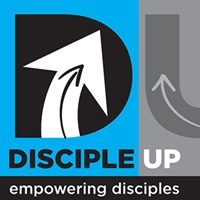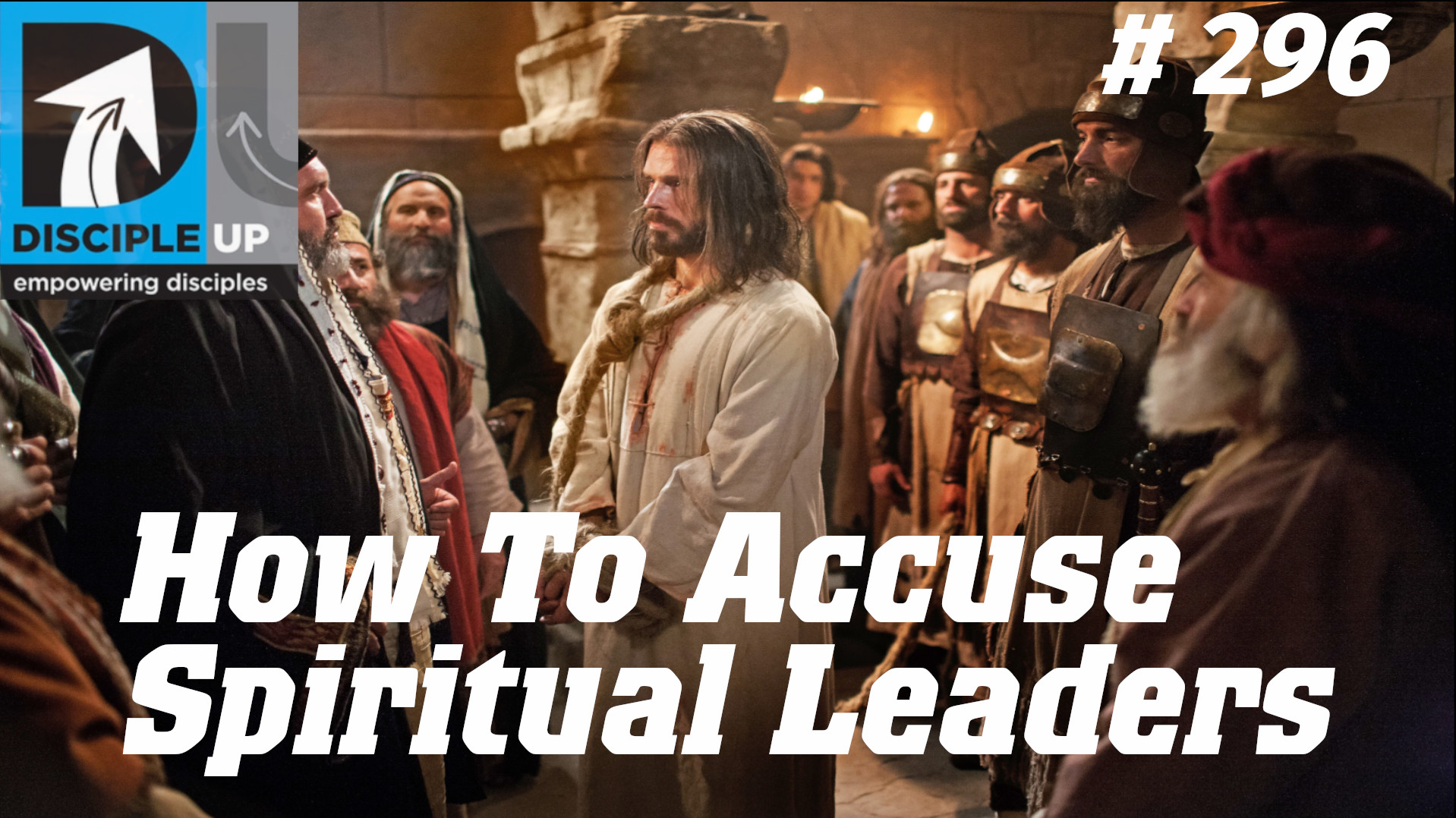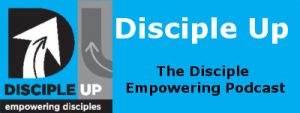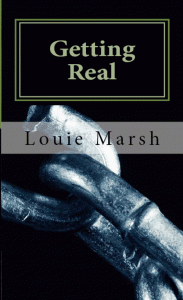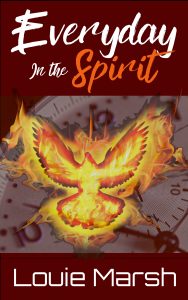Disciple Up # 296
Is It Right to Accuse an Elder (Pastor)?
By Louie Marsh, 2-27-2023
Link to podcast on YouTube.
Youtube.com/@discipleuppodcast9019
Response to last week – name redacted.
- “Oh Lucifer, the great accuser and slanderer. Praise Jesus Christ the living Son of the living God. I’ll stay focused on the cross and Christ’s redeeming blood, I suggest anyone…
- “Oh lofty one, you’re not an elder in this church, merely a Karen seeking for yourself your own vanity.”
- “Your post is in direct rebellion against the will of God, Mr. Pastor”
- “Forgive me, I’m arrogant. But nonetheless, this doesn’t belong on public platforms for all to see.”
What the Bible Says:
“19Do not admit a charge against an elder except on the evidence of two or three witnesses.” (1 Timothy 5:19, ESV)
Against an elder (κατα πρεσβυτερου [kata presbuterou]). In the official sense of verses 17f. Receive not (μη παραδεχου [mē paradechou]). Present middle imperative with μη [mē] (prohibition) of παραδεχομαι [paradechomai], to receive, to entertain. Old verb. See Acts 22:18. Accusation (κατηγοριαν [katēgorian]). Old word (from κατηγορος [katēgoros]). In N. T. only here, Titus 1:6; John 18:29 in critical text. Except (ἐκτος εἰ μη [ektos ei mē]). For this double construction see 1 Cor. 14:5; 15:2. At the mouth of (ἐπι [epi]). Idiomatic use of ἐπι [epi] (upon the basis of) as in 2 Cor. 13:1.
– A.T. Robertson, Word Pictures in the New Testament (Nashville, TN: Broadman Press, 1933), 1 Ti 5:19.
A Red Herring:
“15saying, “Touch not my anointed ones, do my prophets no harm!”” (Psalm 105:15, ESV)
In the verses leading up to God’s command “Do not touch my anointed ones,” we read this:
“19When you were few in number, of little account, and sojourners in it, 20wandering from nation to nation, from one kingdom to another people, 21he allowed no one to oppress them; he rebuked kings on their account, 22saying, “Touch not my anointed ones, do my prophets no harm!”” (1 Chronicles 16:19–22, ESV)
This passage refers to the patriarchs, Abraham, Isaac, and Jacob. When “they” (the patriarchs) were few in number, they lived as wandering strangers in a strange land (see Hebrews 11:9). Through all their travels and travails, God protected them, increased their number, and prevented the powerful rulers of the lands where they stayed from harming them.
David applied it to himself:
1 Samuel 26:9–11 (ESV): 9 But David said to Abishai, “Do not destroy him, for who can put out his hand against the LORD’s anointed and be guiltless?” 10 And David said, “As the LORD lives, the LORD will strike him, or his day will come to die, or he will go down into battle and perish. 11 The LORD forbid that I should put out my hand against the LORD’s anointed. But take now the spear that is at his head and the jar of water, and let us go.”
Remember: There’s a big difference between questioning what someone says, and questioning their character.
“16Rejoice always, 17pray without ceasing, 18give thanks in all circumstances; for this is the will of God in Christ Jesus for you. 19Do not quench the Spirit. 20Do not despise prophecies, 21but test everything; hold fast what is good. 22Abstain from every form of evil.” (1 Thessalonians 5:16–22, ESV)
What should our attitude be towards our leaders?
1) Respect them – or if you can’t respect them you respect the position they hold
2) Approach them in love and with witnesses.
3) Have the goal of finding the truth and restoration foremost in your mind
Please Get In Touch!
Email – louie@discipleup.org

Check out the Disciple Up Facebook page:
My books –
